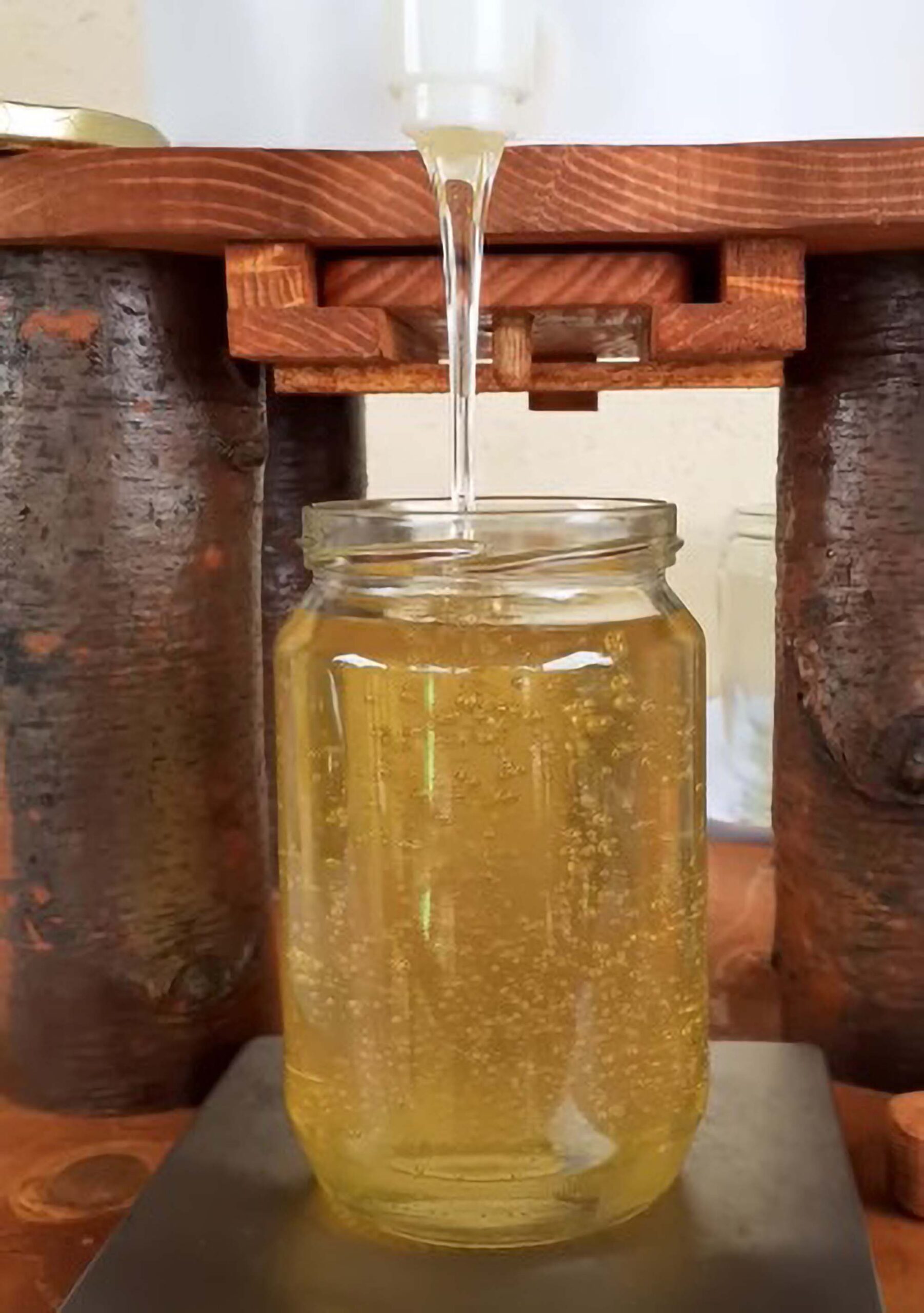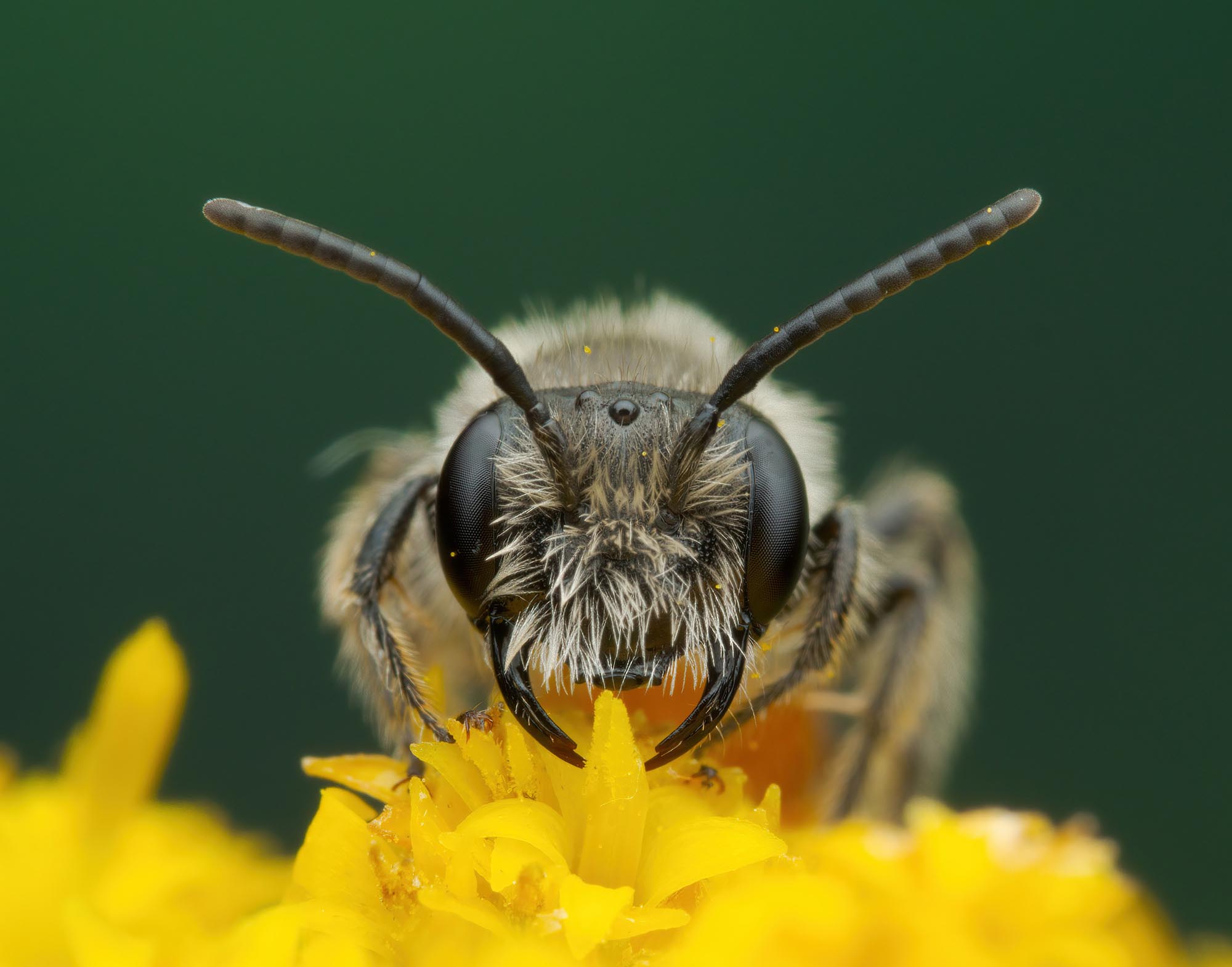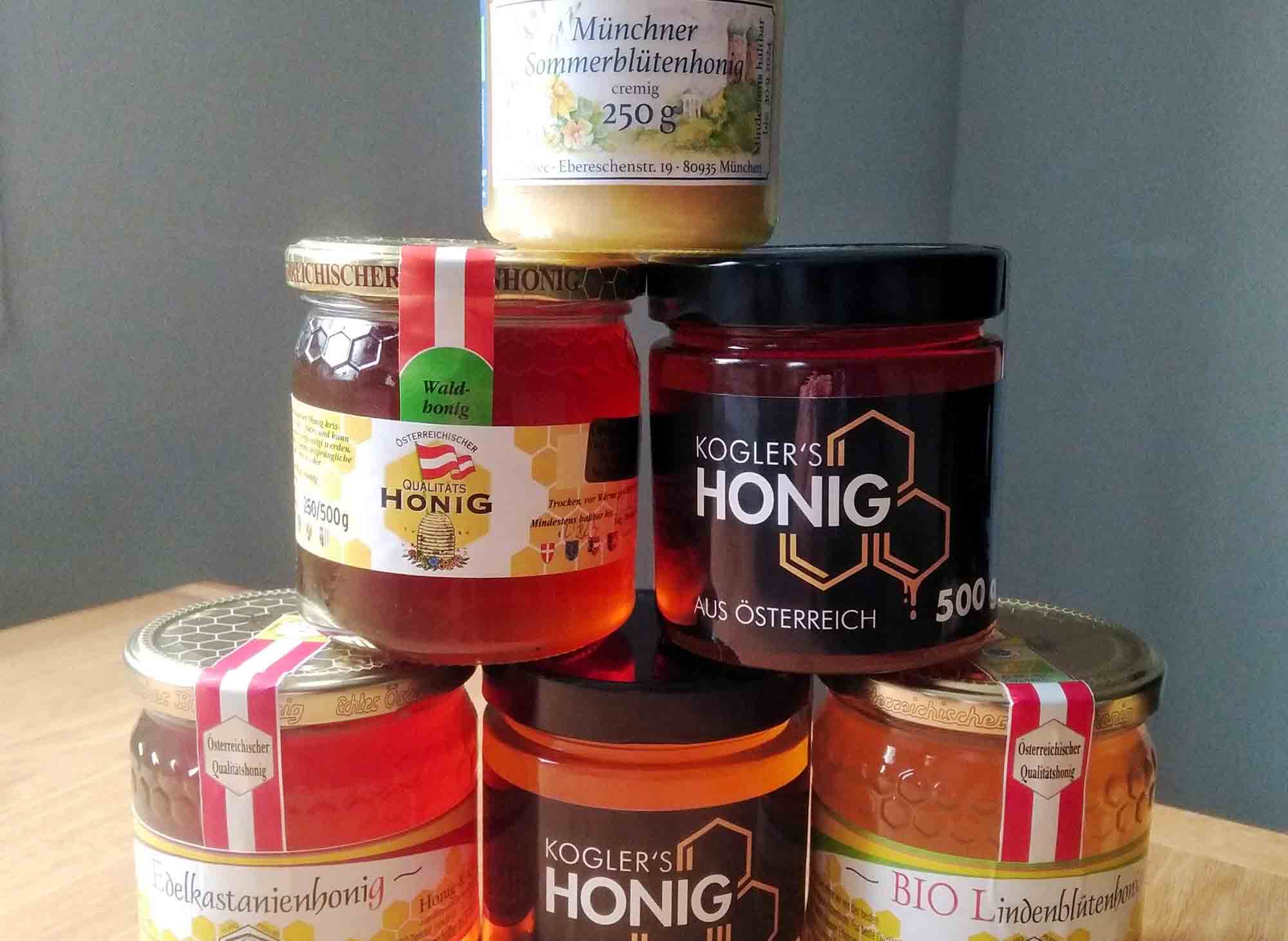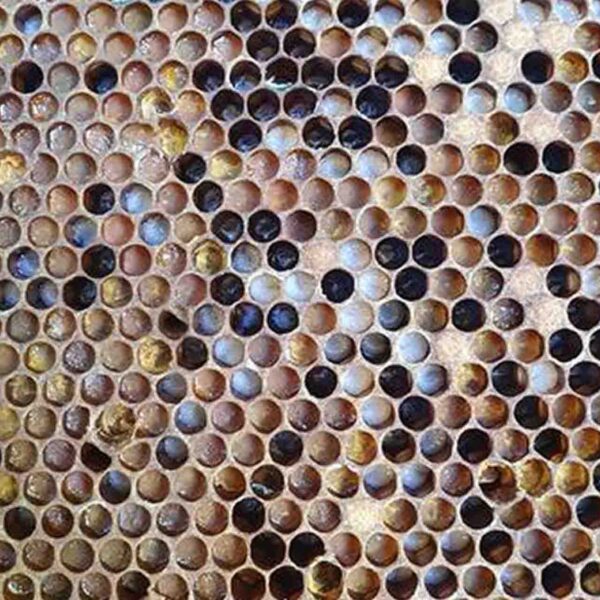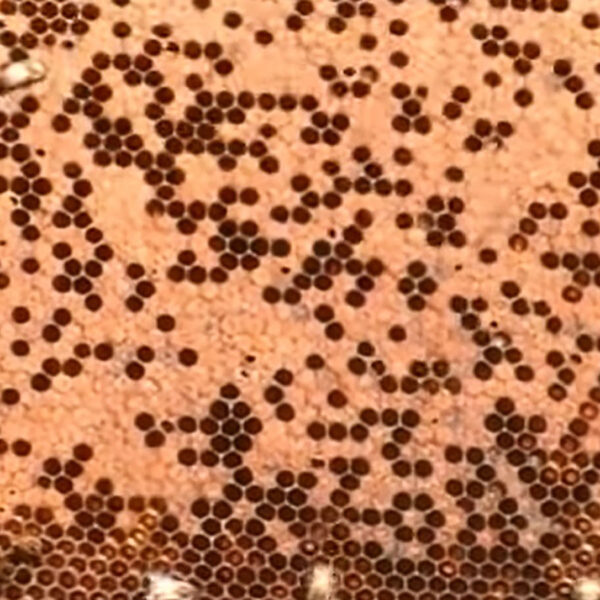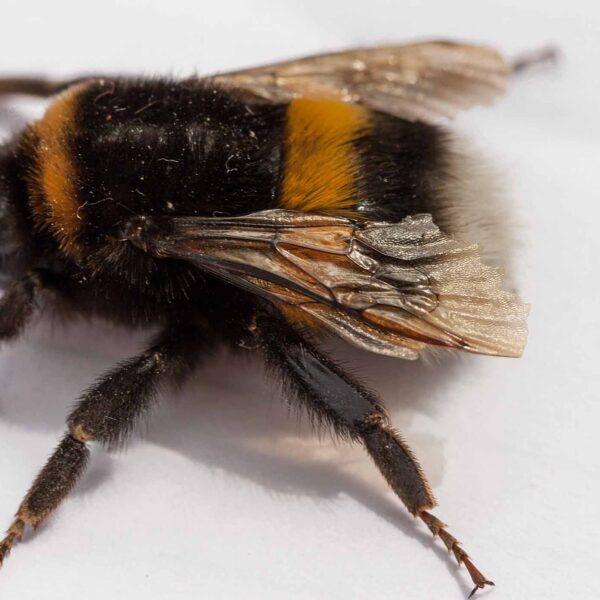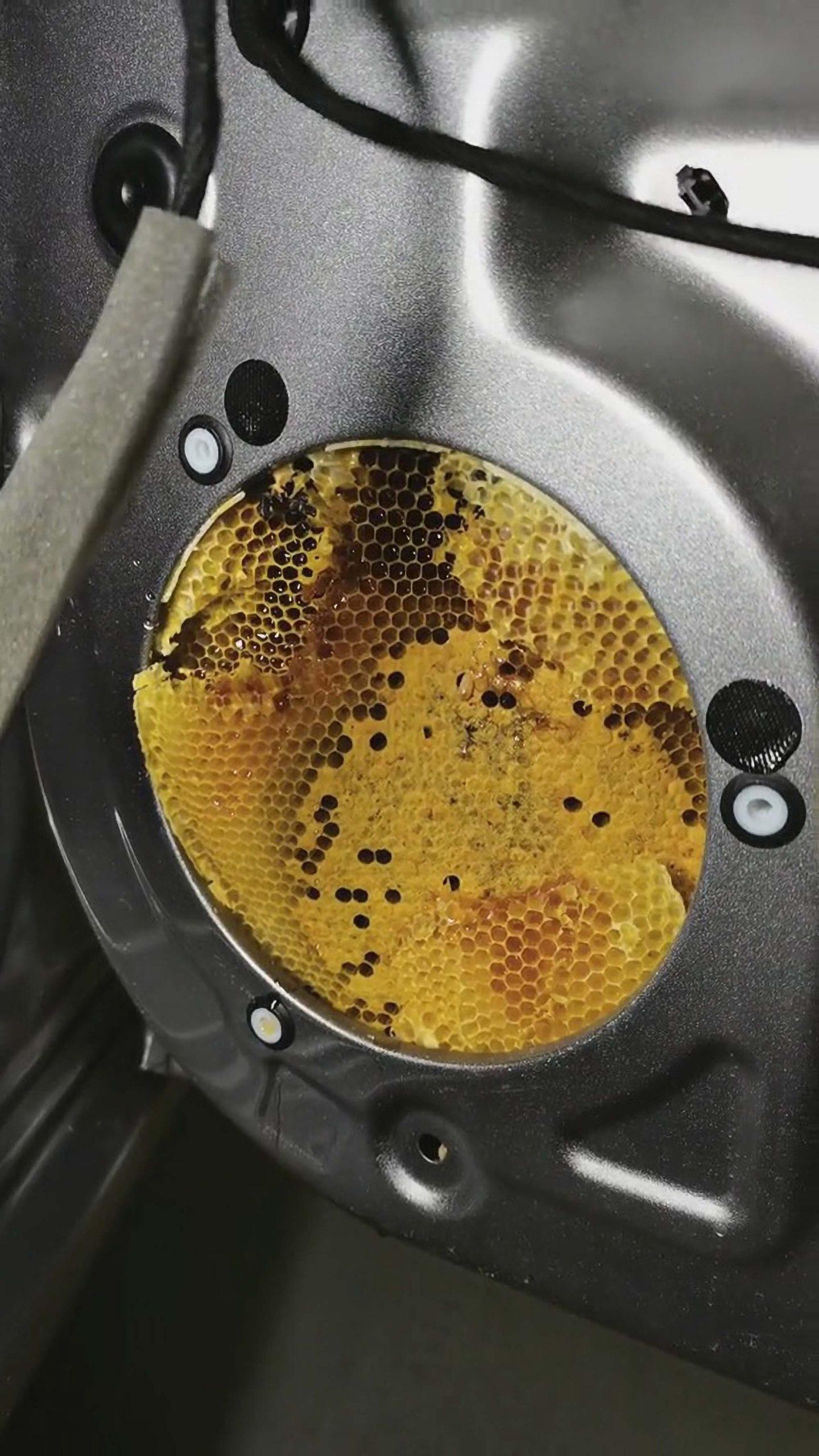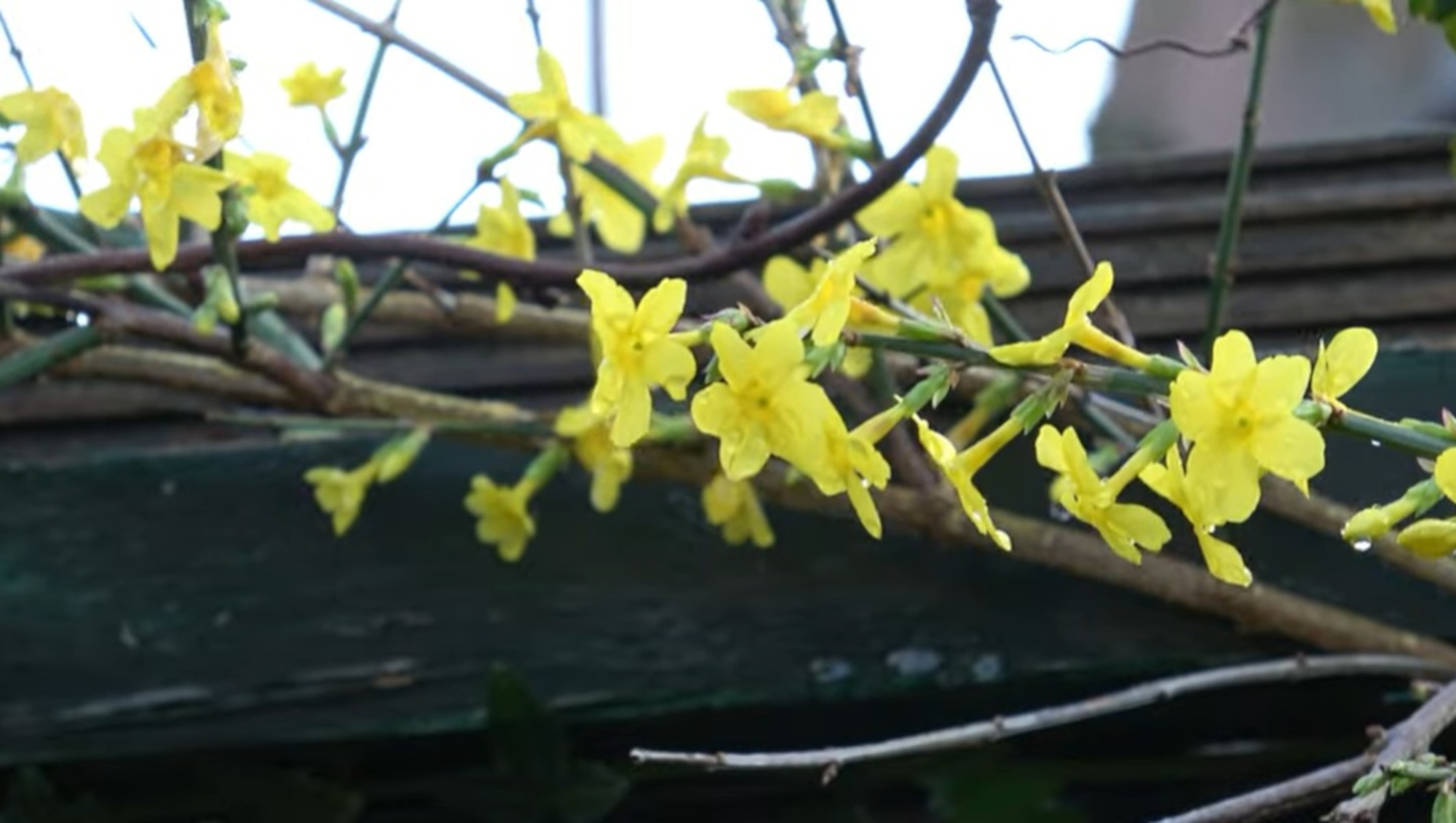Consumers interested in buying pure local honey have been advised to make careful choices.
Honey has been subjected to fraudulent procedures such as diluting the product with different kinds of syrup. Such actions are banned by the European Union’s food quality regulations.
Now a German nutrition scientist has encouraged shoppers to check products on supermarket shelves for trusted seals of approvals.
Jutta Löbert told broadcaster BR: “Those who prefer to be on the safe side when it comes to purchasing high-quality honey should opt for jars which bear the ‘Real German Honey’ quality seal.”
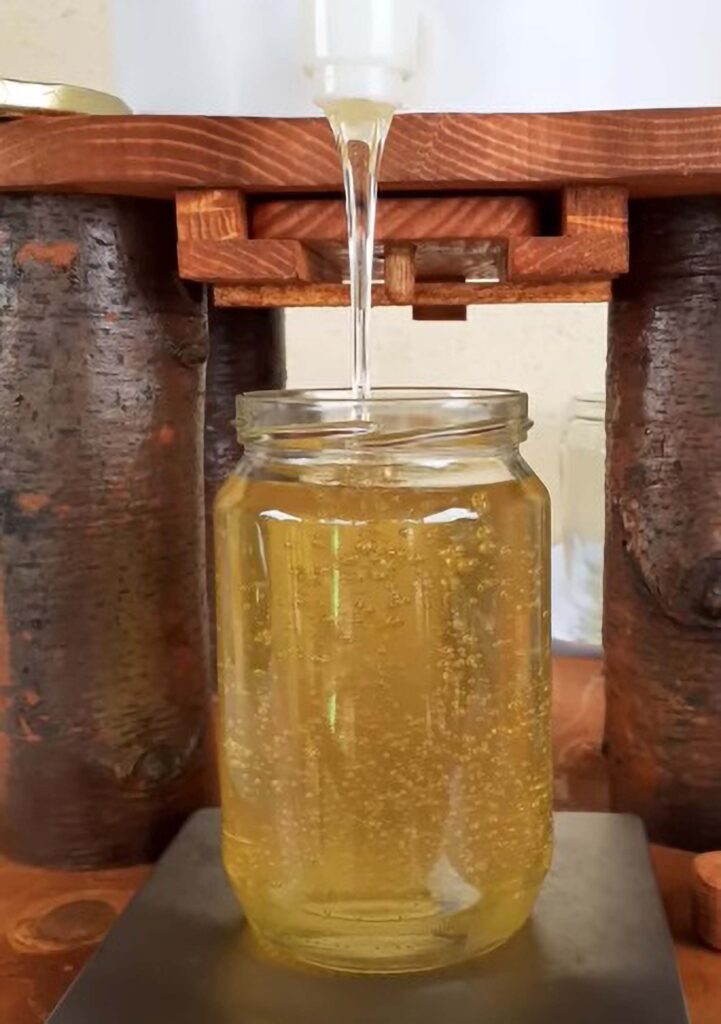
Jutta explained that all products featuring this guarantee, ‘Echter Deutscher Honig’, were “checked rigorously” by the Federal German Association Of Beekeepers.
The expert on healthy nutrition and food security emphasised that all checked domestic items were natural and untouched products containing nothing but honey.
Jutta also said that consumers were supporting apiarists based in Germany and domestic honey farms by buying their merchandise.
Her appeal comes on the back of news that up to one in two honey products that have been imported by retailers in the European Union could be diluted with syrups.
In their study, the European Commission’s Anti-Fraud Office (OLAF) and the Joint Research Centre (JRC) examined 320 samples of imported honey and determined that 147 of them, or 46 per cent, contained syrup made from rice, sugar beet and wheat.
Most fake honey originates from Turkey and China, according to European Commission officials. Both countries are among the EU’s main sources of the product. Despite their 20 million honeybee hives, the EU-27 are not self-sufficient regarding the demand for honey.
The German Association Of Beekeepers has called for more precise restrictions regarding the labelling of honey imports. The organisation criticised the current rules which do not object to vague information such as “contains honey from EU and non-EU sources.”
The association, which has 135,000 members, says precise percentages must be featured while country code abbreviations must be abolished. It argued: “Consumers must be enabled to make substantiated choices.”
The organisation concluded: “We aim at protecting the quality of honey and offer transparent sources of information to customers as well as fair competition.”

